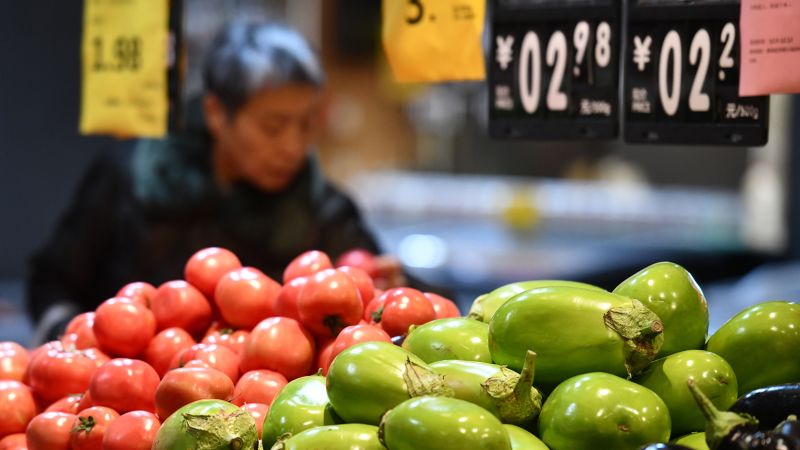While many central banks around the world are still trying to cool inflation, China is grappling with falling prices.
The Consumer Price Index (CPI) dropped 0.5% in November on an annual basis, the biggest fall since the depths of the pandemic three years ago, according to data released by China’s National Bureau of Statistics on Saturday.
The drop marked an acceleration in the rate of deflation from October, when the CPI fell 0.2% from a year earlier, and prompted calls for urgent action from Beijing to boost demand and prevent a downward spiral of prices.
The data come days after Chinese policymakers vowed to strengthen fiscal and monetary support to boost the world’s second biggest economy, which is struggling with a real-estate crisis, high youth unemployment and subdued consumer confidence.



People don’t work like that, otherwise sales would be the only time people buy things. The relationship in reality most likely the reverse: people put off purchases for other reasons (i.e. “the economy” isn’t as rosy as economists’ handpicked numbers claim) and people put off purchases because they can’t afford it, so deflation follows.
True, but my example aside the economy isn’t an indicator of how a person reacts but how a populous reacts. Following and reacting to trends comes naturally to our brains.